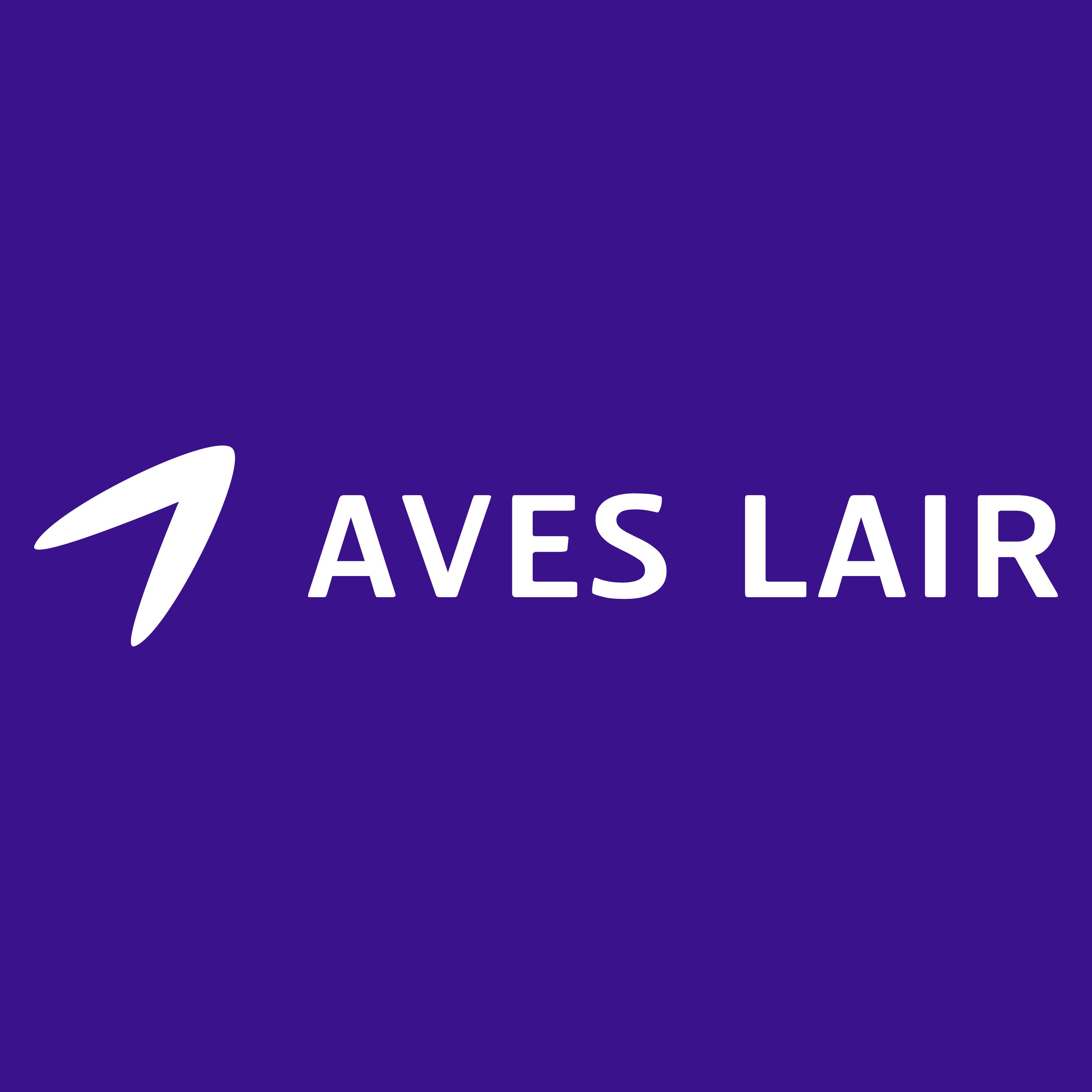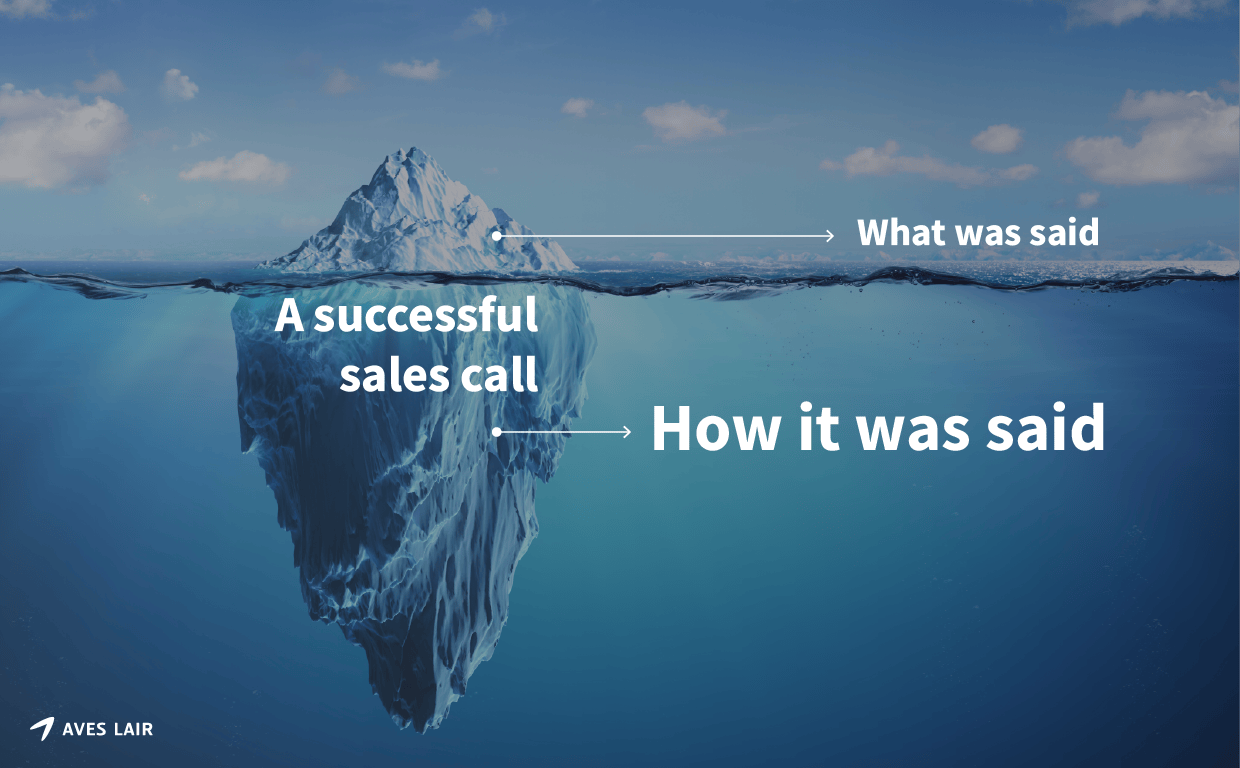886 reads
B2B Sales Is Broken. New Tech Can Help
by
March 4th, 2021

An NYC-based accelerator that supports startups in the verticals of AI, blockchain, cloud, and data
About Author
An NYC-based accelerator that supports startups in the verticals of AI, blockchain, cloud, and data
